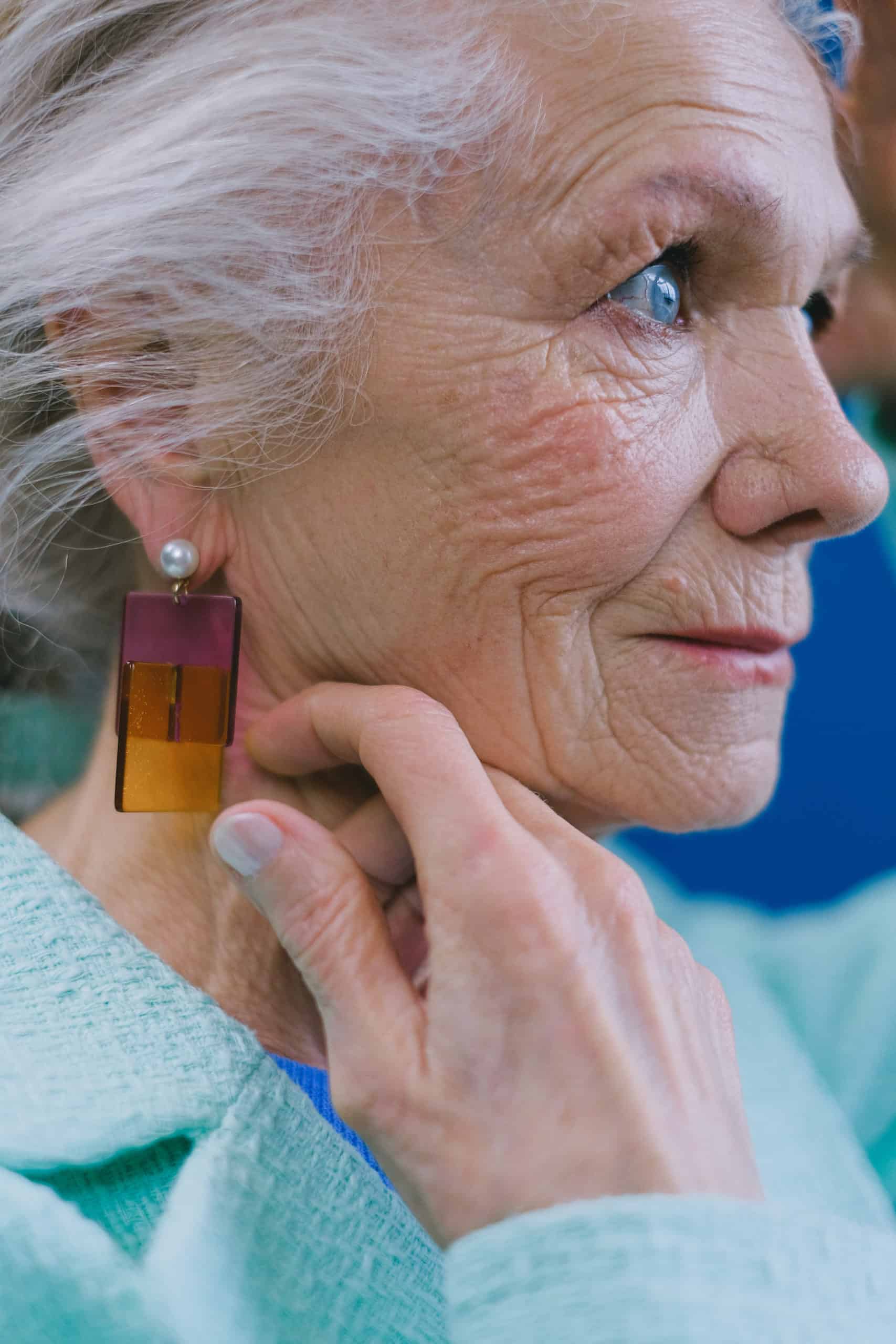How To Your Patients With Dementia Who Experience Sundowning
Does the flexibility and independence of working as a home health nurse appeal to you? Would you like to work for an organization that makes diversity, equity, and inclusivity priorities when hiring professionals? Pegasus Home Health Care offers all this, as well as the training and support you need to advance your career.
Pegasus skilled in-home caregivers in Los Angeles and elsewhere work one-on-one with their patients. They tailor their services to meet each individual’s specific needs. Career home health care nurses explain how to help cognitively impaired patients who experience sundowning.
You may have a patient who becomes confused near the end of the day. Their activity is known as late-day confusion or sundowning. It’s a set of symptoms rather than a disease.
Dementia Patients May Experience Sundowning
Sundowning affects about 20% of dementia patients. It can also occur in some elderly individuals who are not cognitively impaired.
The symptoms are linked to a specific time. For most individuals, that’s usually in the late afternoon or early evening. In some cases, symptoms occur at other times, including mornings.
Some individuals exhibit many of the same symptoms at random times. While the person may have dementia, their symptoms are not sundowning. It’s sundowning only if it occurs at the same time each day.
Symptoms may subside within hours, or they may last all night. As well as confusion, patients may become agitated, aggressive, or violent. Some are very restless and engage in repetitive movements, such as rocking.
Your patient may “shadow,” which is following you or their family caregiver around. Some cry or yell. Others wander.
Although all the symptoms can create problems, wandering poses the most danger. If your patient wanders, it’s crucial that you teach family caregivers how to keep their loved one safe. The Alzheimer’s Association has a free home safety checklist you can share with families.
Families may also want to subscribe to a locator service such as Wandering Support. Other locator choices include cell phone apps, radio frequency devices, or GPS devices. Families should always have recent pictures to identify their loved one and current medical records available.
Many Factors Can Trigger Sundowning
Medical science has yet to discover the cause of sundowning. So far, researchers can only attribute it to a damaged brain. The symptoms have several triggers, including the following:
- Being in unfamiliar circumstances or places
- Boredom
- Feeling hungry or thirsty
- Household chaos
- Infections
- Pain
Observations by family members can help determine triggering events. Your exams as their in-home nurse will uncover medical triggers.
Some triggers can be alleviated. For example, treating an infection or pain can eliminate at least some sundowning symptoms. If a prescribed medication causes confusion, you may be able to change the dosage or timing.
Sleep disorders, especially insomnia, may accompany sundowning. Physical conditions, such as sleep apnea, may be responsible. Encourage your patient to consult a sleep specialist for help.
Lifestyle Changes Can Reduce Sundowning
If there isn’t a physical cause that triggers sundowning, advise family caregivers to:
- Avoid scheduling a lot of activities that can leave their loved one exhausted.
- Establish regular routines for sleeping, eating, and other daily activities.
- Expose their loved one to sunlight during the day to help balance the sleep-wake cycle.
- Limit daytime napping, and limit alcohol, caffeine, nicotine, or other stimulants.
- Make physical activity part of each day.
- Reduce evening activities so that their loved one can “wind down.”
Individuals experiencing sundowning often believe there is something they are supposed to do or somewhere they should be. Unfortunately, they don’t necessarily know what the something or somewhere is. They become frustrated.
Suggest that family caregivers listen to their loved one and reassure them. They can also offer distractions such as offering something to eat or drink or engaging in an activity.
Treatments For Sundowning
There isn’t a one-size-fits-all remedy for sundowning. Family observations may provide some guidance for solutions. But you and they will likely have to experiment to discover what helps their loved one.
Potential treatments include:
- Aromatherapy. An extensive variety of essential oils are available to try.
- Light therapy. Some experts advise full-spectrum fluorescent lighting, and others recommend bright natural light.
- Melatonin supplements. Melatonin is calming, so it helps reduce agitation and promotes sleep.
- Playing favorite movies or videos of the patient’s loved ones. Try to use those with calming voices and non-stimulating scenes. Music is calming for some patients, as is someone reading to them.
- Prescribed medications, such as antidepressants, antipsychotics, benzodiazepines, or cannabinoids.
Combining one or more of these with the above lifestyle changes may be the most helpful.
Join Us In Providing Quality Home Care
Pegasus skilled in-home caregivers in Los Angeles and our other locations are encouraged to be proactive. As advocates for their patients, they ensure that individuals get the best care. Career home health care nurses provide the services needed to help patients, including those experiencing sundowning.
Pegasus is a licensed Home Care Organization and a Joint Commission Accredited Home Health Care organization. Our professionals are dedicated to helping individuals remain safe and independent in their homes. We’re an equal opportunity employer, and we invite you to join us in providing quality care.

